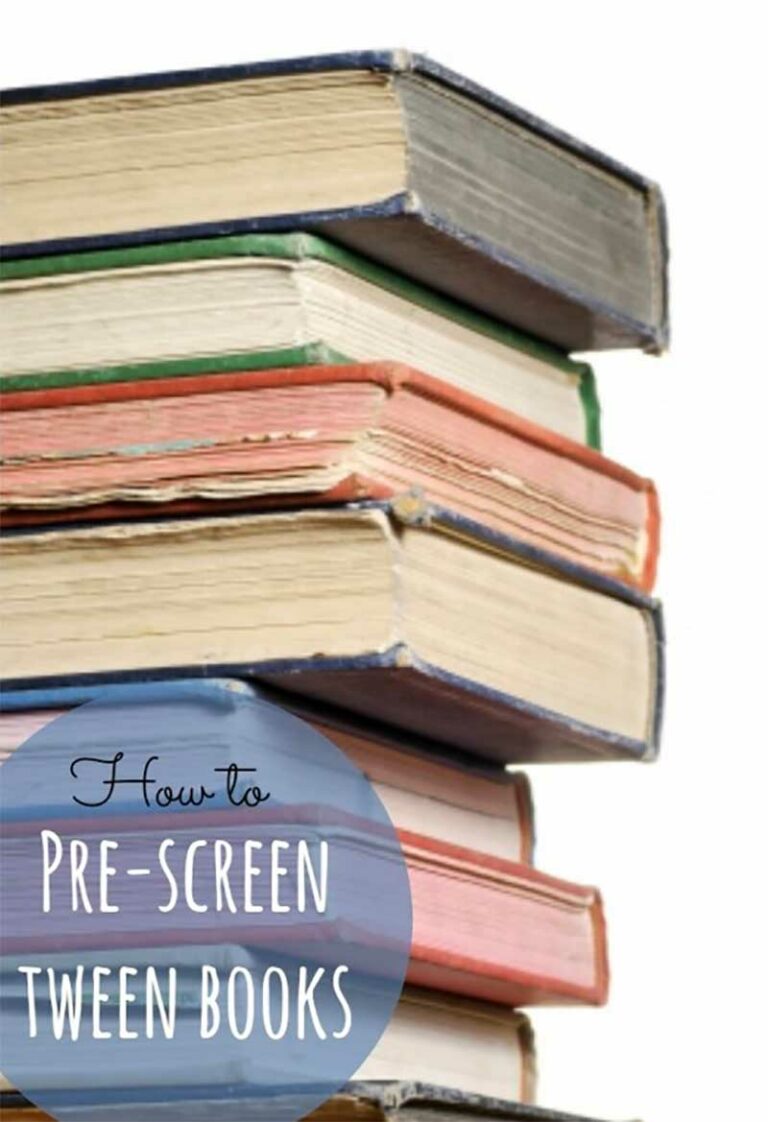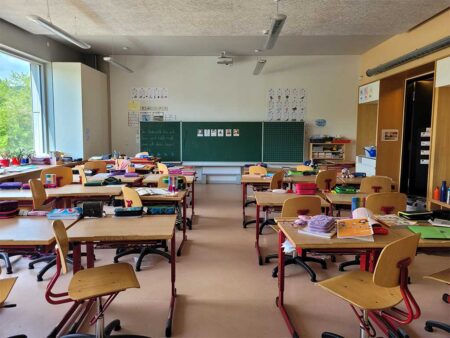When my oldest son was nine, he was gifted a book that began with the mother being strung out on heroin–something my son has never heard of. While the book, I’m sure, focused on helping the child get on in his life towards success, I wasn’t ready for him to learn about living a life with a drug-addict mom. Luckily, I opened the book before he dove in. But it doesn’t always happen that way.
One of my favorite post-grad courses was Literature for Children. For 12 weeks, we met to read and discuss trends in children’s literature and curriculum. We learned how to stock our classroom bookshelves, how to read to children, and how to further discussions from the most simple books. We talked about illustrations, publishing, authors, and awards. We brainstormed literature circles and story extensions. Mostly, we focused on our love of sharing our passion for reading.
Our professor shared many stories throughout the semester. One I’ll always remember was the story of her daughter coming home from school on a Tuesday (that was library day) with a new book. As always, she pulled the book from her backpack to look at it with her mom. As my instructor paged through the book, she was shocked by what she read. I don’t recall the details if there were streams of racism or sex or just bad words, but I recall her sharing with us that as a mom and a teacher, she knew that this book didn’t belong in school. She called the librarian to share her concerns.
Read More: How to book club with your child
Of course, like any good librarian, hers didn’t believe in censorship. But she did appreciate that her concerns were brought to her attention and would “look into it.”
The next day, the book was sent back to school with a note so that the librarian could “look into it.”
Two weeks later, my instructor was volunteering in the school library and came across the book, again on the shelves. Infuriated, she checked the book out in her daughter’s name and threw it in the trash at her home. She paid the fine for the “lost book,” having decided that while the librarian wasn’t going to censor the book, she certainly didn’t have a problem doing it.
No single adult has the time to pre-read every book our avid book lovers bring home from school or the bookstore. Nor do we want to. While I love reading along with my children, I also prefer using my (rare) free time to read books that I want to read. But with a tween reader, I’m often fearful of the books that wander into my child’s hands. I’m not the only one.
Dwan Perrin, the author of MommaDJane, raised the issue on Facebook: “I gave [my daughter] two new chapter books for her age {11 years old}, and she has brought me both of them which she found curse words and inappropriate topics in a while reading. *Sigh* Never thought I would need to pre-read a tween book before handing it over.”
Her Facebook post had an immediate response: moms agreeing while sharing horror stories and situations. We all want to encourage our children to read, but we want to encourage them to read books that they’ll enjoy and not darken their minds. We want them to read books that give them positive ideas, teach them strong lessons and help them to be proud members of society. We want them to read books that encourage good behavior. We want them to read books that will help them see right from wrong. And we don’t want them to learn things in books that we aren’t ready for them to learn–be it curse words, sexual intercourse, stereotypes, or heinous crime.
When my oldest son was nine, he was gifted a book that began with the mother being strung out on heroin–something my son has never heard of. While the book, I’m sure, focused on helping the child get on in his life towards success, I wasn’t ready for him to learn about living a life with a drug-addict mom. Luckily, I opened the book before he dove in. But it doesn’t always happen that way.
Four strategies for screening books
We aren’t always going to catch every curse word or inappropriate action or topic in a book, but we’ll catch many with the following in place:
Ask a trusted teen
Connect with a mature teen who has a genuine love of reading. Share your child’s interests and favorite stories and ask him for recommendations. Be sure to set the parameters. A mature teen will understand that a nine, ten, or eleven-year-old doesn’t need to read about sex and drugs.
Do not go by the publisher’s suggested age (or grade or Reading Level)
Many publishers suggest grade levels with an RL on the back of the book. These are usually set and suggested based on the number of words in a sentence or paragraph and not by the concept. This form of leveling is of books is great when you’re working to determine if a book is actually on an academic level, but it often doesn’t account for maturity.
Read the first chapter, or two
By the completion of the second chapter, you’ll have an idea of the tone and direction this book will be taking. While it isn’t always the case, you’ll find that the beginning of the book nearly always introduces the plot. Watch out for slang and curse words, depth in relationships, and relationship angst. If all seems calm, then skip ahead to around the middle of the book and check again.
Check in with online resources
Both Parental Book Reviews and Story Snoops are websites created by concerned parents who wanted to know that their tweens were diving into “safe” books. Parents can search by title, author, genre, and interest and feel confident that the reviews were prepared by concerned adults. (Parental Book Review’s youngest reviewer was 15 when she last updated her profile, 5 years ago. I’m not certain how active the site is now, but its content is still relevant.)
Common Sense Media is a leader in evaluating and reviewing appropriate content for children in areas of video, movies, games, books, and more.









